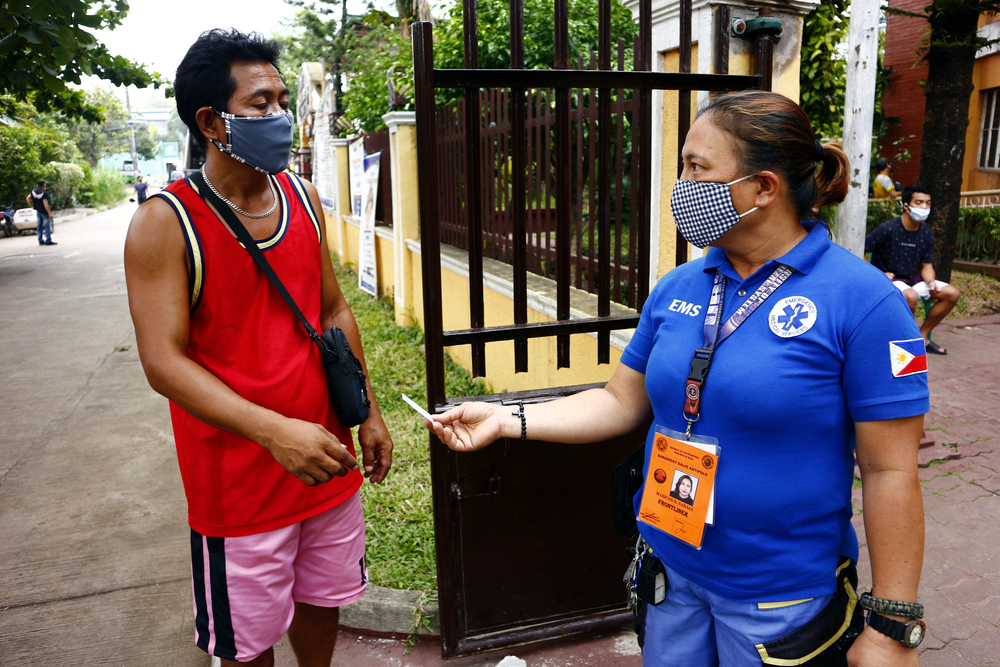Life Stages: Work and Professional Life
Work Norms
Most Filipinos start work at the age of 16 or 17. Philippine law prohibits employment of children below the age of 15 in any kind of work. If children are employed in theaters, the movies must be checked for age appropriateness.
People below the age of 18 are strictly prohibited from doing hazardous work and night work. Many Philippine children between the ages of 8 and 15 are, however, employed in various sectors as part-time workers after school hours.
Philippine men and women are free to choose a profession according to their qualifications and aptitude. While Filipinos in the public sector generally remain in the same work or profession until retirement age, professional mobility is quite common in the private sector. Many prefer to work in high-paying jobs abroad for a few years and return for jobs in the country.
Most Filipinos work for eight or nine hours a day, with a lunch break at noon. They have a five-day schedule and work no more than 48 hours per week. Business hours are usually between 8 a.m. and 5 p.m. with a one-hour break for lunch, while some stores do business for longer hours. Most banks and government offices operate from 9 a.m. to 5 p.m. Most workplaces in the Philippines are open from Monday to Friday.
The unemployment rate in the Philippines hit a record low near the third decade of the 21st century. Unemployed Filipinos sometimes offer their services on a volunteer basis to please employers so that they will be hired first when a vacancy arises.
Women in the Workforce
Women constitute about 40 percent of the workforce in the Philippines. They are traditionally involved in feminine jobs such as family businesses, textile and manufacturing, healthcare, food processing, and education. Women have, however, become Supreme Court judges, senators, cabinet officers, and entrepreneurs. They also have a good representation in managerial or decision-making levels in the government but not in the private sector where only a small percentage occupy top positions.
Philippine men are generally dominant in agriculture, government services, construction, transportation, and private businesses. Among the middle class, men work as factory employees and daily wage-based laborers, while educated and upper-class men are usually entrepreneurs, top-level managers, or professionals.
Despite their educational qualifications, Philippine women do not have the same job opportunities as men, and most them occupy low-paying jobs where they earn less than men. Nevertheless, Philippine women in urban areas earn more than their rural counterparts, who have to combine their economic work, farm work, and family duties. Legally, there is no disparity in pay between men and women doing the same kind of work in the Philippines.
Philippine women often work until their marriage and then drop out of the work force to take care of their family and perform household activities. Most working women rely on their extended family members (such as grandparents and aunts) for childcare and help in housework, although husbands also help. State-sponsored child-care centers run by local government units (supervised by the Department of Social Welfare and Development) and some private day-care institutions assist working parents in the country. Furthermore, some employers have facilitated babysitting and childcare services within their work premises for their female employees with children.
Retirement
The official retirement age in the Philippines is 60 years for both men and women. Filipinos are entitled to retirement security pensions if they are over 60 years of age. Most companies initiate such plans for people aged 55 to 60 along with more comprehensive benefits.
Copyright © 1993—2025 World Trade Press. All rights reserved.

 Philippines
Philippines 
